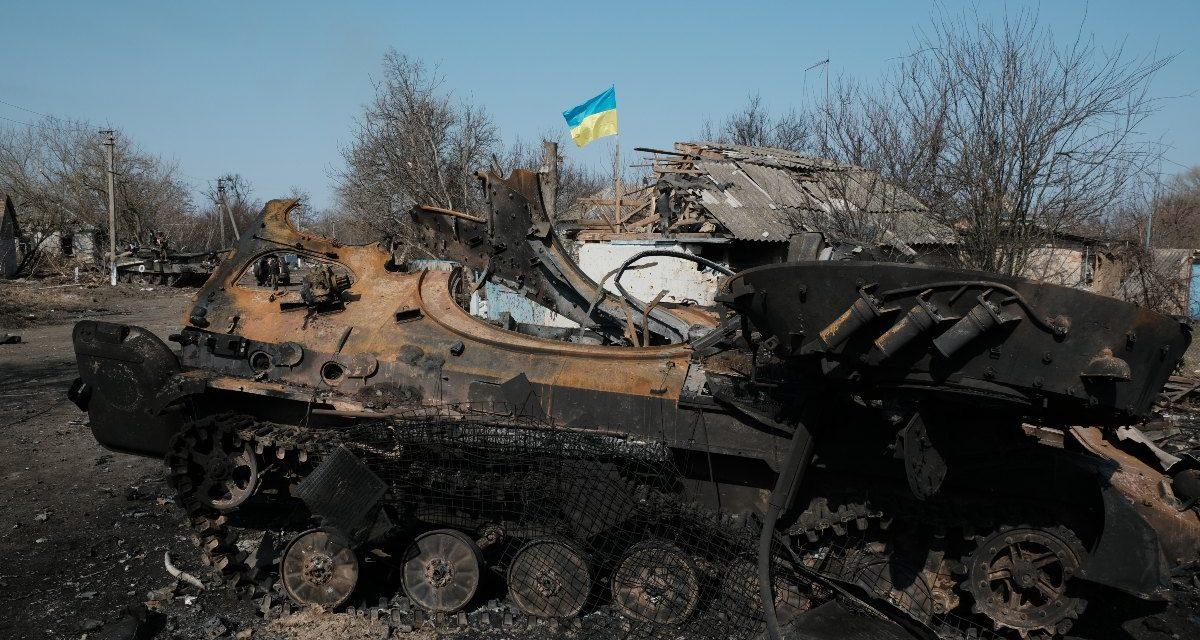How have European far-right extremists responded to Russia’s invasion of Ukraine? How has the Russian government leveraged members of Russia’s far right in service of its objectives in the war? And what impact has the incorporation of volunteer units into the Armed Forces of Ukraine had—given that some of those units, like the well-known Azov Regiment, have been described as ultranationalist and even neo-Nazi but have also proved to be among Ukraine’s most effective fighting forces?
Exploring these questions, as Kacper Rekawek explains in this episode of the MWI Podcast, requires a nuanced understanding of a broader context that begins well before Russia’s February invasion. A postdoctoral fellow at the Center for Research on Extremism at the University of Oslo, he joins to share insights on these issues based on years of research on far-right extremism, foreign fighter mobilization, and Ukraine.
This episode is a joint production between MWI and the Combating Terrorism Center (CTC) at West Point and is part of a broader CTC effort to study of the subject of extremism and foreign fighters in the war in Ukraine that also produced two in-depth articles published in the June 2022 issue of the CTC Sentinel. You can see the other work CTC is undertaking at ctc.westpoint.edu or follow the organization on Twitter to stay up to date on the important research CTC’s experts are conducting on a range of topics related to terrorism and counterterrorism.
Listen to this episode of the MWI Podcast below, and if you aren’t already subscribed to the podcast, be sure to find it on Apple Podcasts, Stitcher, Spotify, TuneIn, or your favorite podcast app.
Image credit: Oles_Navrotskyi, via depositphotos.com


If we consider the war in Ukraine from the perspective of a New/Reverse Cold War; one in which:
a. The U.S./the West — working now more "by, with and through" the more pro-change/the more liberal elements of the states and societies of the world — seeks to achieve "revolutionary" political, economic, social and/or value "change" both here at home and there abroad (in our case, in the name of such things as capitalism, globalization and the global economy). And one in which:
b. Such nations as Russia, thus threatened, (a) adopt "containment" and "roll back" strategies and, as per these such strategies, (b) seek to work more "by, with and through" the more no-change/the more conservative elements of the states and societies of the world (in Russia, et. al's case, so as to maintain the status quo — or to return to a status quo anti — this latter, if too much unwanted change is thought to have already taken place),
Then, from that such New/Reverse Cold War perspective, where does the ultimate loyalty of the Far Right lie today?
Possibly another way of looking at these such matters:
In the Old Cold War of yesterday, when the U.S., under Reagan, (a) did not want "revolutionary change" communism in his/our (Latin American) "back yard" and, thus, (b) deployed his/our U.S. military, in a fashion, to keep this from happening — where then did the ultimate loyalty of the Far Right lie? (With Reagan?)
Likewise, in the New/Reverse Cold War of today, with Russia, under Putin, (a) not wanting "revolutionary change" market-democracy in his/their (Ukrainian) "back yard" and, thus, (b) deploying his/their Russian military, in a fashion, to keep this from happening — where now does the ultimate loyalty of the Far Right lie? (With Putin?)